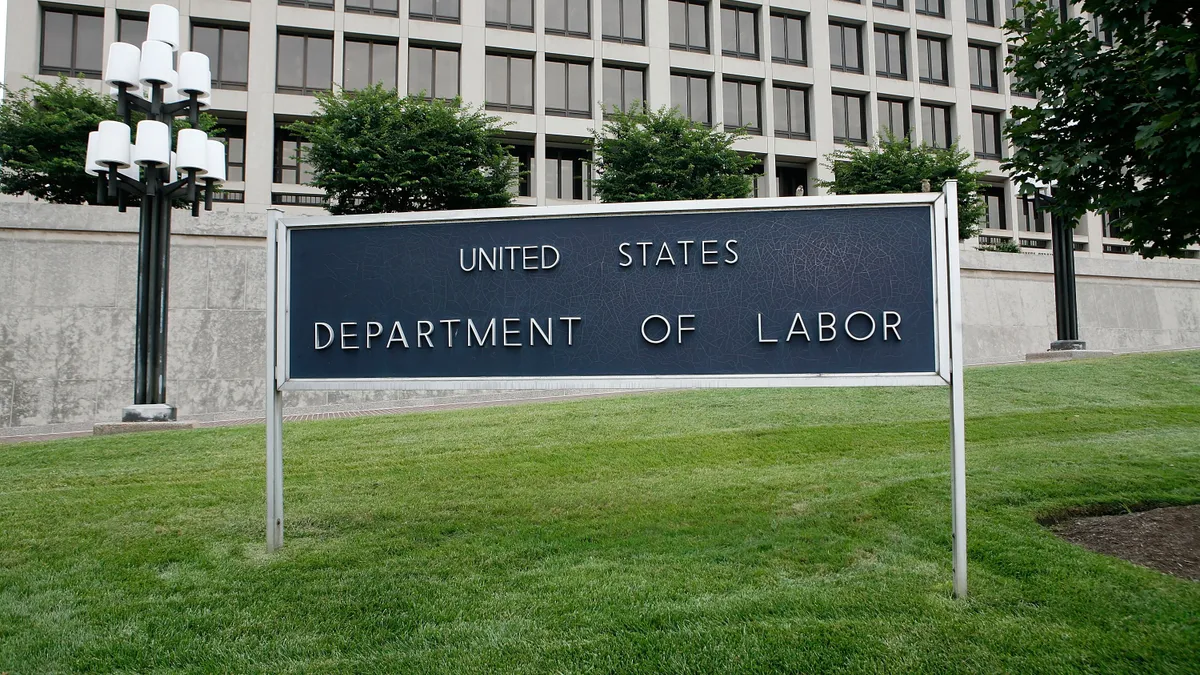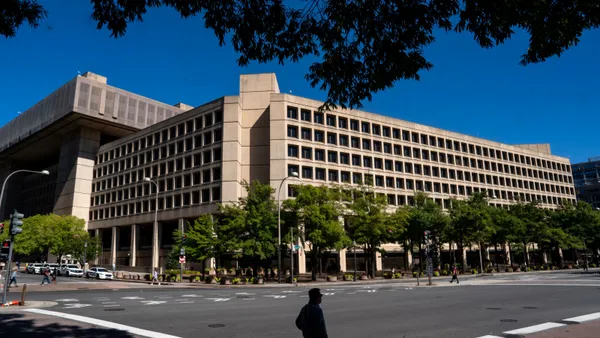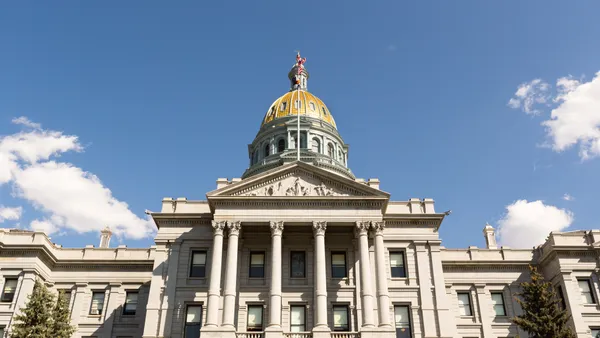The U.S. Department of Labor received more than 26,000 comments on its proposed overtime rule adjustment, which would require employers to pay overtime to all workers paid less than $55,068 annually. The comment period closed Tuesday.
The HR Policy Association, which said it represents “the most senior human resources officers” at nearly 400 corporations, said the proposed rule presented a “rigid, one-size-fits-all and untenable framework for overtime pay” and urged the DOL to either significantly revise or withdraw the rule.
The proposal would require thousands of new remote workers to be classified as nonexempt and create recordkeeping compliance issues given those employees’ preference for flexible work, the association argued. In addition, many employees would view their move from exempt to nonexempt as a “demotion,” it said.
The association also called the 60-day compliance window “inappropriately short” to potentially reclassify thousands of employees — asking instead for a 180-day window — and took umbrage with the automatic increase in the lower salary exemption threshold every three years. “Because the Department lacks the legal basis to adopt automatic indexing, it should not include any such provision in any final rule,” wrote Gregory Hoff, associate counsel, director, labor and employment policy for the HR Policy Association.
The Society for Human Resource Management similarly asked for a 180-day window, or for the rule to be delayed until 2025 and also took issue with the automatic threshold increases, which it said “could significantly reduce the importance of the FLSA’s duties test.” SHRM also suggested a lower threshold to begin with, calling $55,068 a “considerable leap” from the current $35,000 threshold.
HR professionals also wrote in to express concerns specific to their industry.
The vice president and chief HR officer of UT Health San Antonio noted that budgets for grant-funded research projects have already allocated salaries. “A sudden increase in the salary threshold may result in budget deficits, putting research projects at risk,” she wrote.
One comment from an HR leader at an electrical contracting business said construction industry workers would “lose flexibility and benefits” if the rule is adopted, and that her company would “be faced with overwhelming cost increases” when there is already a labor shortage.
Employer-facing law firms weighed in as well; Seyfarth Shaw LLP wrote that the proposal would disproportionately affect workers in rural and other wage-depressed areas and that it would likewise have an undue impact on nonprofit organizations, healthcare providers and small, private colleges, among other groups. Currently exempt employees would also be affected by wage compression, the firm noted.
While many HR workers wrote in to state their concern about the proposal, some expressed support.
“I am an HR director at a small, 501(c)(3) tax-exempt organization,” one commenter wrote. “Regardless of my affiliation, I fully support the proposed change to raise the exempt threshold to $55K.”
“As an HR professional and employee, I believe this type of salary threshold change is long overdue, and potentially not enough to make up for the loss in buying power the American worker(s) have experience[d] over the past 30+ years,” wrote another commenter.
While the DOL can still make changes to the proposed final rule and it is likely to face challenges in court, attorneys have advised employers to prepare for its passage regardless.















